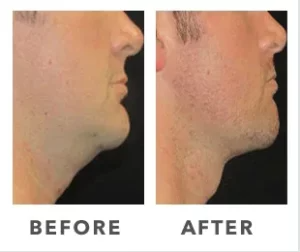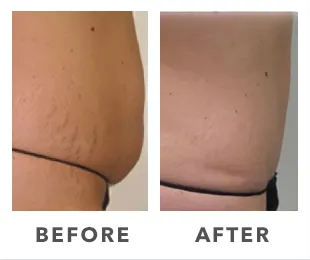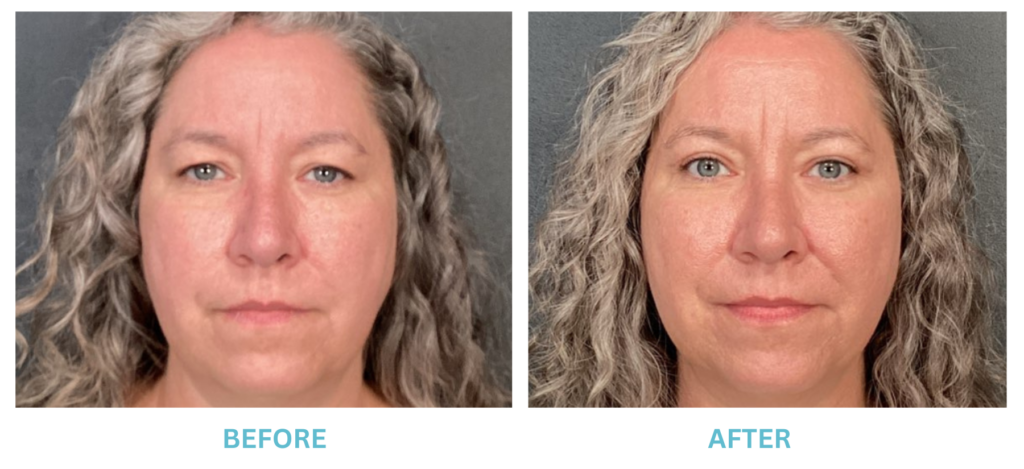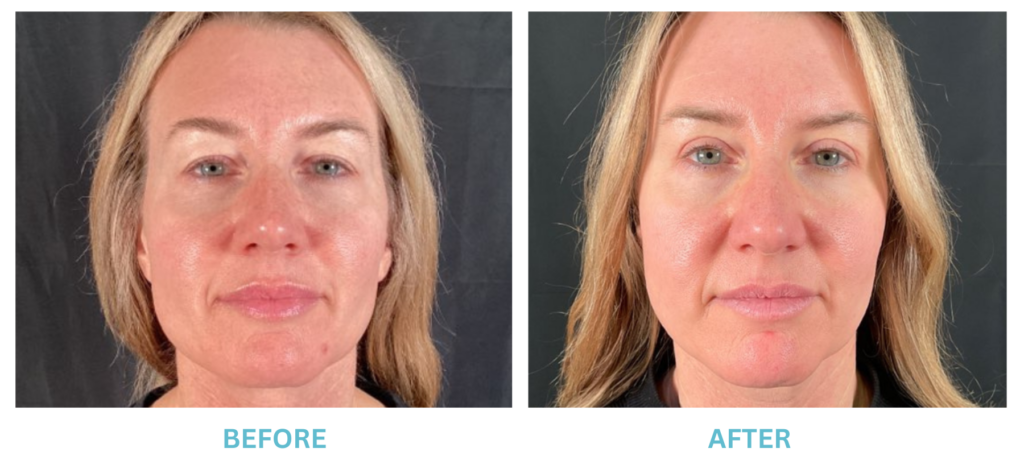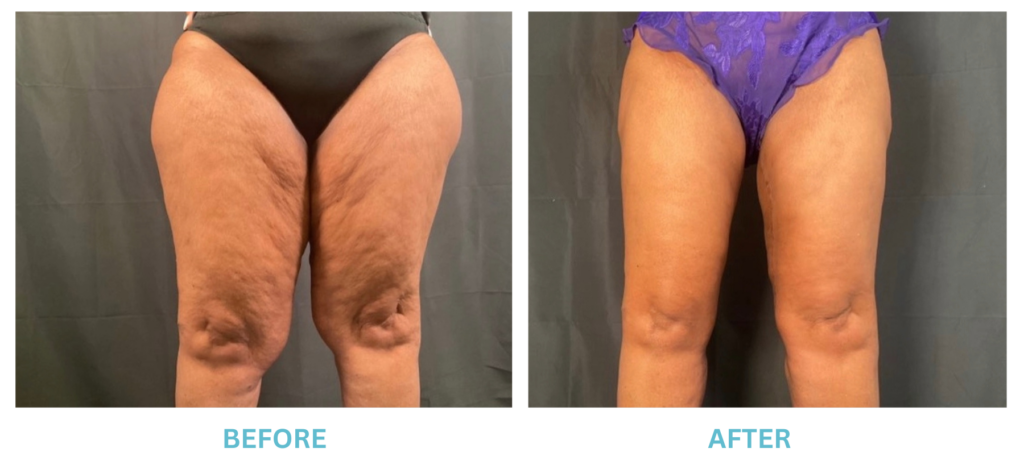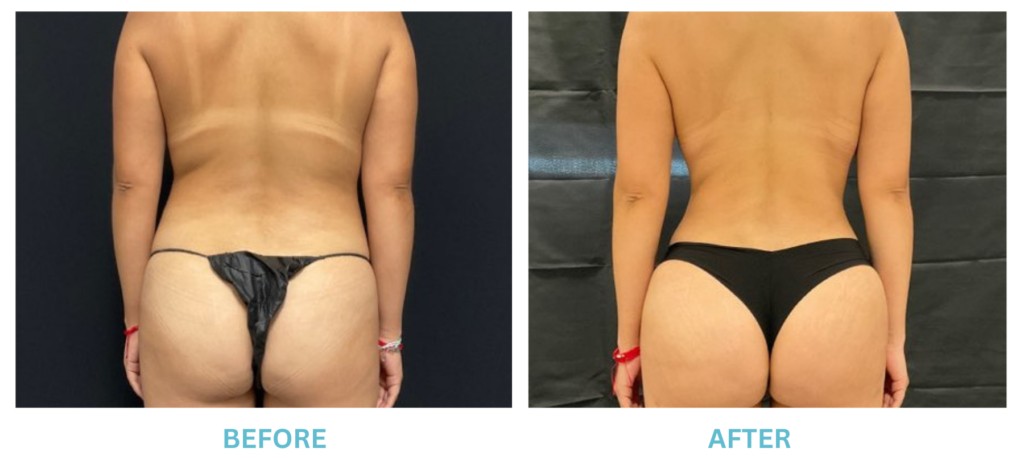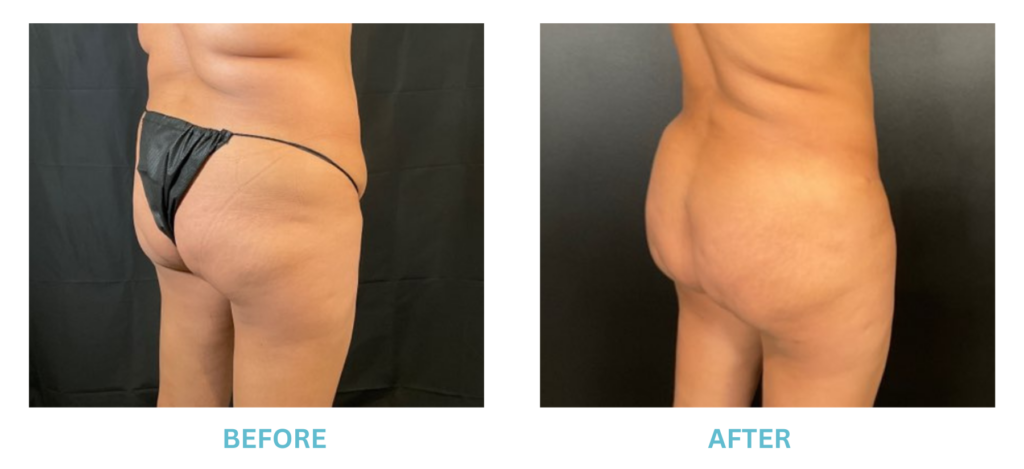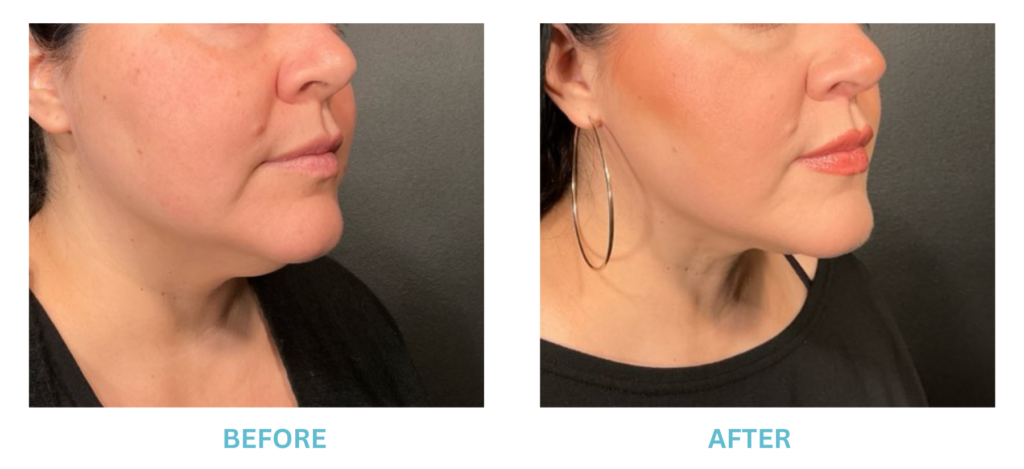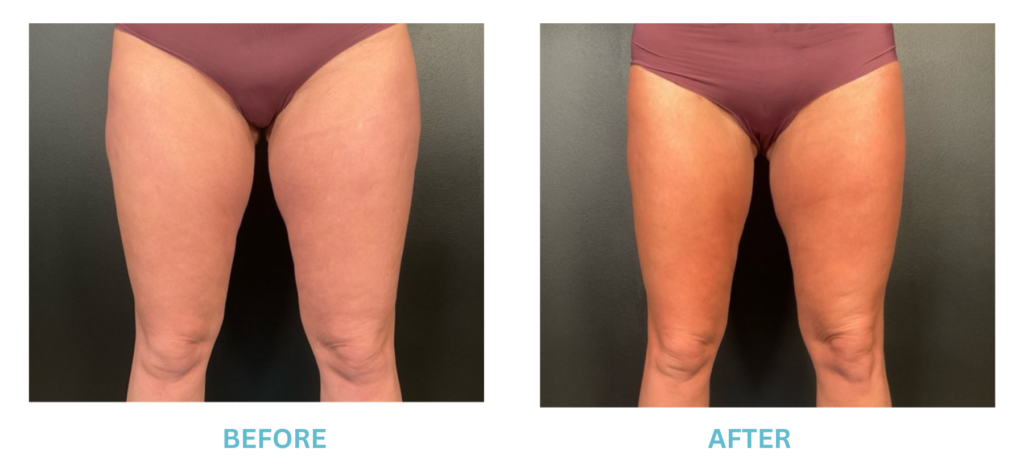To Order Propecia USA Visit Our Pharmacy ↓

Long-term Effectiveness
Propecia is not recommended for use by women, as it can cause serious birth defects in a developing male fetus. DHT, in high levels, leads to male pattern baldness. The supporting evidence is tenuous, and the medical community generally advises against prescribing finasteride to female patients, particularly those of childbearing age, due to the lack of substantial benefits and the potential for serious risks. These adverse effects can vary in intensity and are not experienced by everyone, but being informed is key. Transitioning Propecia from a script-required medication to OTC status required navigating a labyrinth of regulatory pathways. One such advancement is the emergence of Platelet-Rich Plasma (PRP) therapy, where a patient’s own blood is processed to concentrate growth factors that are then injected into the scalp, stimulating natural hair growth. It is always recommended to consult with a healthcare professional before starting any new medication, including Propecia.
While it has been shown to be effective in treating male pattern baldness, the results are not guaranteed, and it is not a cure for hair loss.
Others describe an unexpected shift in mood, with episodes of irritability and sadness emerging without clear triggers, leaving them confused about the cause. Due to these potential risks, it is crucial for women to have a thorough discussion with their healthcare provider about the possible outcomes, including conducting necessary medical assessments to ensure the drug's suitability. Saw Palmetto extract has been valued for its potential to counter hair loss. The enthusiasm for Propecia also tends to overshadow a more nuanced understanding of the drug's mechanism. In conclusion, Propecia has shown promising results in treating hair loss for many individuals, providing them with renewed confidence and satisfaction. Propecia, also known as Finasteride, is a well-known medication often prescribed for male pattern hair loss, but what about women? Recently, there has been increased interest in using Propecia for female pattern hair loss. By inhibiting the enzyme that converts testosterone to DHT, Propecia effectively reduces DHT levels in the scalp, promoting hair growth and potentially preventing further hair loss.While Propecia has shown remarkable results in combating hair loss, it is essential to be aware of its potential side effects.
Propecia is a medication that contains finasteride, an active ingredient that was initially developed to treat prostate gland enlargement
Rogaine can also be a good choice for individuals who have experienced hair thinning throughout their scalp, as opposed to just on specific areas of the head. Common side effects of Propecia may include decreased libido, erectile dysfunction, and decreased ejaculate volume. By preventing the conversion of testosterone to DHT, Propecia effectively slows down hair loss and promotes hair regrowth. Many individuals feel a loss of confidence and self-worth when they begin to experience hair loss. Similarly, Dr. Propecia offers hope by addressing the underlying cause of hair loss – a hormone called dihydrotestosterone (DHT). Ultimately, patients should consider their budget and the severity of their hair loss when weighing their options.
Serious Side Effects: Warning Signs to Watch for
Propecia, known generically as finasteride, works by inhibiting the enzyme 5-alpha-reductase, which converts testosterone into dihydrotestosterone (DHT). Rapid developments in this area mean you can now potentially see results as swift as an IV Push. Fortunately, Propecia offers a ray of hope for those experiencing hair loss. Years into their Propecia journey, many individuals have maintained a strong bond with the medication, reporting sustained hair growth and satisfaction with their appearance. Propecia comes in tablet form and is meant to be taken once daily, with or without food. Ultimately, it is up to each individual to assess their own personal risk factors and make an informed decision about whether the benefits of taking Propecia outweigh the potential risks. In addition to medical treatments, we have seen a surge in the development of over-the-counter products and natural remedies claiming to combat hair loss.
The success of Propecia as a hair loss treatment has been the subject of much debate over the years
Propecia, also known as Finasteride, is a medication that was originally created to treat enlarged prostate glands. Users, who once shied away from mirrors and photographs, share how they've witnessed a steady reclamation of lost ground — a casting off of hats and hoods that were once shields against public scrutiny. Propecia, a prescription medication approved by the FDA, has been effectively combating hair loss and regrowing hair in both men and women. If you’re considering taking Propecia, it’s important to discuss the potential risks and benefits with your doctor and follow the proper dosage and usage instructions. The drug has been used to treat male pattern baldness effectively. Emerging studies are exploring the potential of gene therapy and stem cell research as groundbreaking alternatives to traditional treatments like Propecia. One such treatment is minoxidil, which has been proven to promote hair regrowth in both men and women.
While many users have reported positive results in hair regrowth and thickness, there has also been a growing number of reports of side effects that have lasted long after stopping use
It is designed to inhibit the production of DHT, a hormone that contributes to hair loss in men. Additionally, a doctor can help monitor symptoms and adjust the dosage if necessary. Propecia and Rogaine differ significantly in their mechanisms and applications. Men, in particular, sought Propecia as the drug was specifically targeted at male pattern baldness. Consulting with a healthcare professional can help determine if Propecia is the right choice for an individual's specific hair loss needs and budget. While initially developed as a treatment for benign prostatic hyperplasia (BPH), researchers noticed that it also resulted in hair growth in men. Propecia, a commonly prescribed medication for hair loss, offers several benefits but also comes with potential side effects and risks.
However, it is worth noting that dose adjustments might be necessary, especially for men over the age of 50
However, women and children should not handle Propecia as it may cause birth defects. Pumpkin seed oil is an impressive natural elixir for hair health, often considered an organic comp to traditional medications like Propecia. However, studies have shown that finasteride can decrease levels of DHT in women and improve hair density. Biotin, often hailed as a wonder nutrient, has gained popularity for its potential to promote hair growth and boost overall hair health. In this article, we will look at the science behind Propecia and how it helps to combat hair loss. Skeptical yet hopeful, John decided to take action and incorporate this medication into his daily routine, swayed by the positive testimonials he uncovered. Ultimately, while Propecia can be a highly effective solution for hair loss, it is important to carefully weigh the pros and cons before deciding whether or not to use it.
Propecia's Impact on Mood Disorders and Depression
The power of these images lies in their ability to provide concrete evidence that transcends anecdotal accounts. Some of these side effects include erectile dysfunction, decreased libido, and decreased semen volume. Propecia is a prescription-only medication and is available in tablet form. It is important to note that these side effects are reported in a small percentage of users and may resolve upon discontinuing the medication. It takes time for Propecia to work, and users should be patient and consistent with the treatment. Propecia, a medication approved by the Food and Drug Administration (FDA), has emerged as the ultimate hair loss treatment solution for men. In clinical trials, Propecia was shown to be effective in treating mild to moderate hair loss in men.
Stem Cells: Revolutionizing Hair Growth Possibilities
However, it is essential to separate fact from fiction and debunk any myths surrounding these remedies. Consistency is key when using Propecia to promote hair regrowth.2. Benefits of Propecia: Propecia is an effective medication for combating hair loss, especially in men. Controversy and Side Effects: Propecia has been a widely discussed medication due to its reported side effects, including sexual dysfunction and depression. In reality, hair loss can be caused by various factors including genetics, hormonal changes, and certain medical conditions. According to a study conducted by the National Center for Biotechnology Information, taking Propecia can lead to cognitive impairment, including trouble with memory and concentration. By reducing the levels of DHT in the scalp, Propecia helps to stimulate hair growth and prevent further hair loss.Many people mistakenly believe that Propecia directly regrows hair.
How to Properly Use Propecia for Maximum Results
And boy, am I glad I did. One significant advantage of Propecia is its proven effectiveness in promoting hair growth. It works by blocking the conversion of testosterone into dihydrotestosterone (DHT), a hormone that contributes to hair loss in men. Your doctor may recommend adjusting your dosage or discontinuing the medication altogether. It is important to consult with a healthcare professional for personalized advice and to assess whether Propecia is the right option for you. Additionally, Propecia only works for as long as you take it. As we look ahead, the landscape of hair restoration is evolving rapidly.


